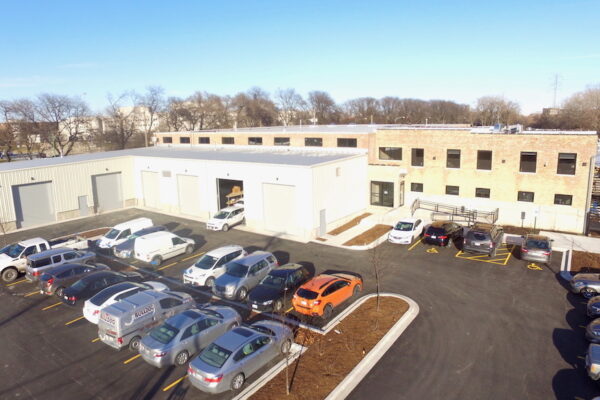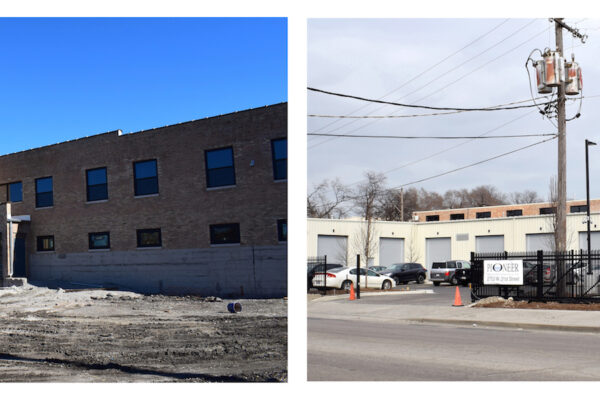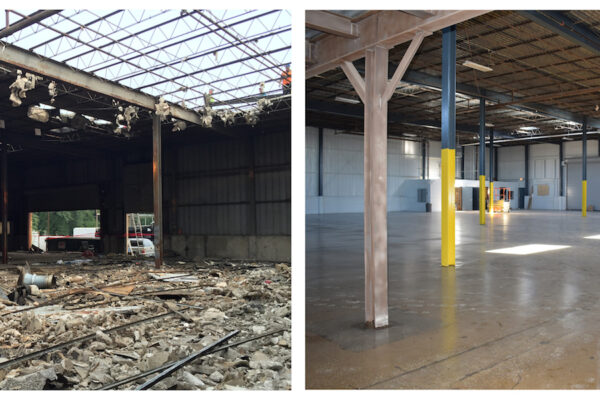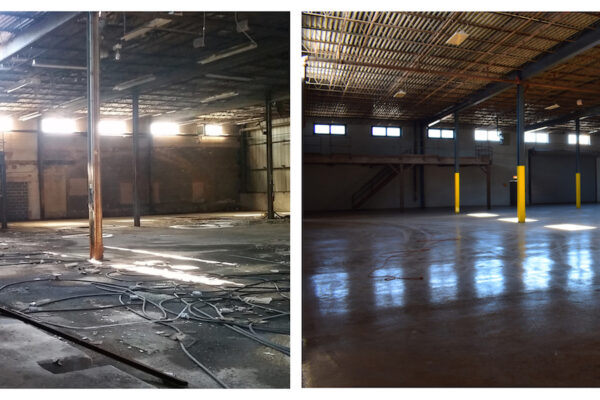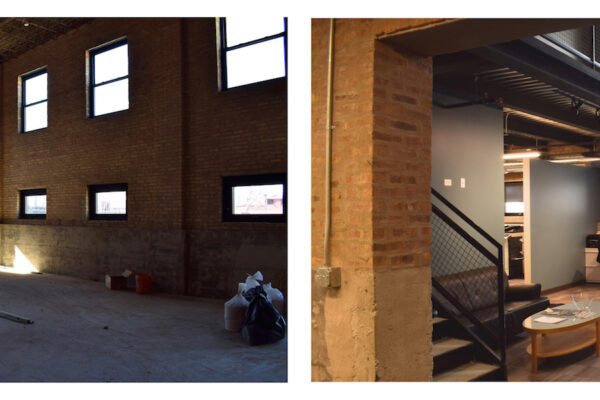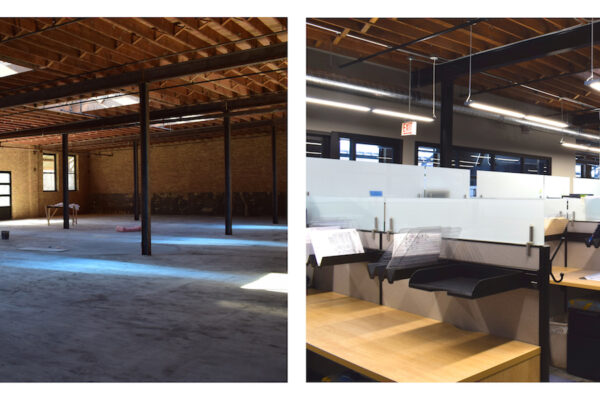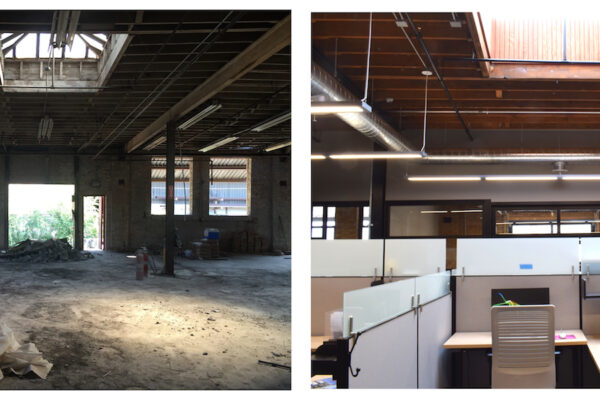Client: Cantera Development Group, LLC | Location: Chicago, IL
Pioneer Engineering & Environmental Services (Pioneer) was able to utilize its full range of services in redevelopment of a Brownfields site when it moved its offices to the Little Village neighborhood of Chicago. The property was an abandoned and dilapidated Brownfields site. Historically utilized by a bulk petroleum distributor and chemical company, it was blighted in large part due to the presence of a plethora of environmental contaminants (e.g., volatile organic compounds, heavy metals, and PCBs) and decrepit condition of the building and grounds.
Areas of potential environmental concern were evaluated with a Phase I investigation; Phase II subsurface testing, employing soil, groundwater, and soil gas/vapor sampling to define the areas of subsurface impact; and a sophisticated remediation plan was then developed, involving “hot spot” clean-up in the most heavily-affected areas, in-situ treatment to reduce contaminant levels in place and limit the removal of hazardous waste, and the use of engineered barriers and institutional controls to eliminate exposure to residual impacts.
Geotechnical analysis of subsurface materials was also necessary to aid in foundation design for the expansion of the once crumbling on-site structure, and Pioneer’s construction materials testing group was instrumental in the rehabilitation of an existing 20,000-square-foot warehouse space, build-out of a 10,000-square-foot lofted office area, and development of a new 6,000-square-foot garage to accommodate its extensive drilling equipment and soils laboratory.
This complicated project involved dealing with a multitude of regulatory issues and agencies. The site was non-compliant with the Illinois EPA Leaking Underground Storage Tank (LUST) Program and threatened with enforcement action due to previously-documented releases. Pioneer communicated with the Illinois EPA, and the property was subsequently enrolled in the state’s voluntary Site Remediation Program (SRP) in order to pursue a Comprehensive No Further Remediation (NFR) letter for the entire site due to identified impacts associated with the property’s past use and mishandling of hazardous/petroleum substances. Additionally, US EPA involvement was necessary as a result of the PCB impacts. Further, “Class 6B” tax incentives were available and successfully pursued with the City of Chicago, on the basis of job creation and the extensive property improvements associated with Pioneer’s relocation.

